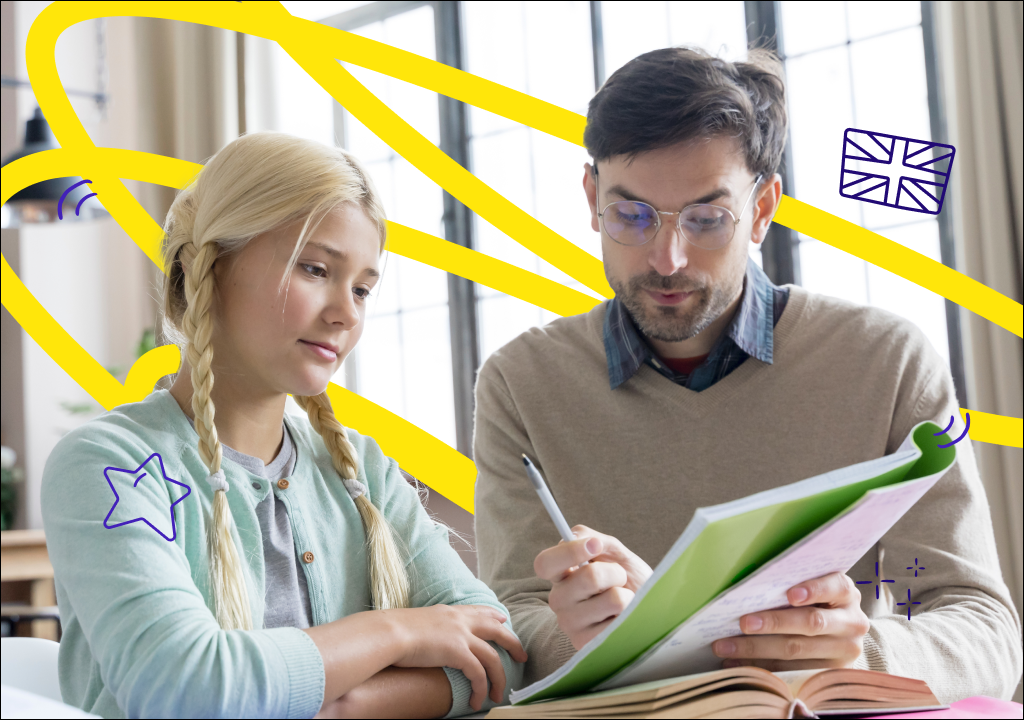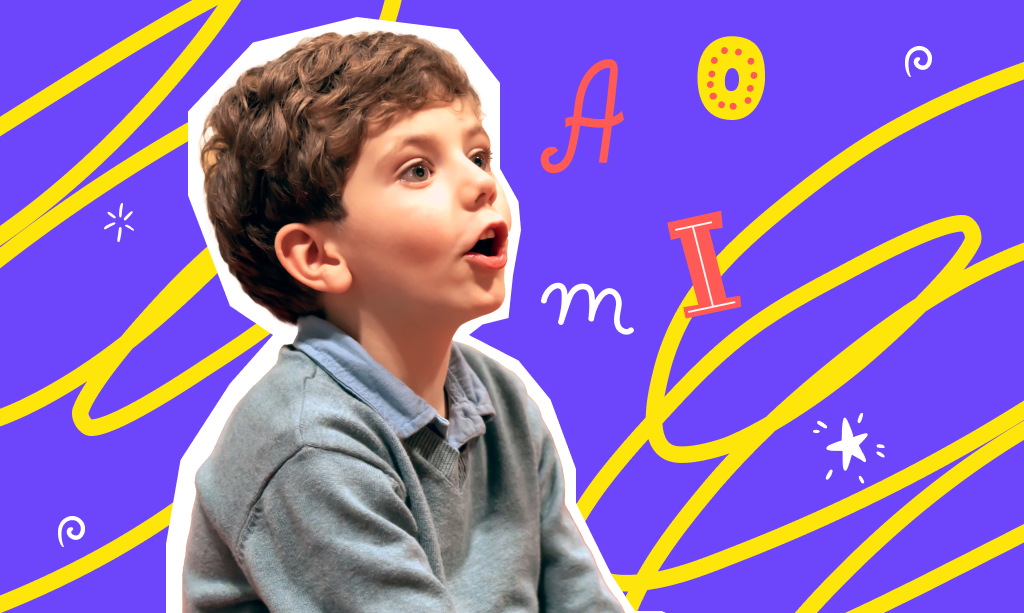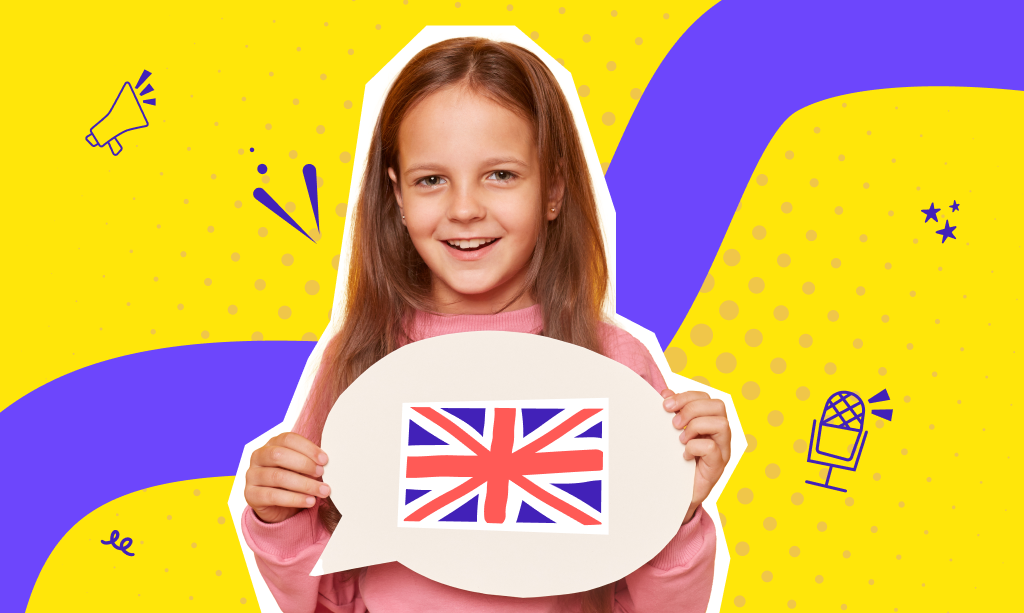Why Strong Teacher-Student Relationships Matter for Young Learners
Learn why good relationships between teachers and young students are key to building trust, boosting learning, and supporting emotional growth.
In the classroom, it’s not just about what students learn but how they feel while learning. Building strong relationships between teachers and students is key to creating an environment where kids feel safe, supported, and excited. When students trust their teachers, they are more likely to enjoy school, ask questions, and do their best.
For young students, these relationships are even more important. At this stage, children are learning new skills and figuring out how to interact with others and manage their feelings. Teachers who take the time to get to know their students can help them grow both personally and academically.

The Importance of Good Relationships for Teachers and Students
Building good relationships with young students is more than just a nice idea—it’s necessary. When teachers care about their students and make an effort to understand them, they help the children feel like they belong. This encourages them to join in, ask questions, and get involved in class.
In this article, we’ll look at why good relationships are so important for young students and how they can help them do better in school. Whether you’re a parent or a teacher, knowing how these connections work will help you support every child’s success.
Building Trust and Connection
Trust is the foundation of any strong relationship, and the teacher-student bond is no exception. When students trust their teachers, they feel safe to take risks, ask questions, and express themselves. This sense of safety is super important for learning because it helps students feel comfortable, knowing they won’t be judged or criticized for making mistakes.
A genuine connection between a teacher and a student goes beyond just the lessons. It’s about showing care, understanding, and respect for each student as an individual. When students feel that their teacher is truly interested in their lives, it fosters a positive and encouraging atmosphere with a sense of community that motivates students to give their best effort.
Enhancing Learning Outcomes
Another reason teachers should form good relationships with their students is to enhance their learning outcomes. Research has found that when students feel connected to their teachers, they are more likely to participate actively in class, complete assignments, and achieve better grades. A teacher who knows their students well can tailor lessons to fit their needs and strengths, making learning more relevant and engaging.
Motivation plays a huge role in a student’s ability to learn, and this motivation often grows when students feel a genuine connection with their teachers. A teacher who shows interest in a student’s progress can inspire them to keep going, even when faced with challenges.
Supporting Social and Emotional Development
Strong connections with teachers also go beyond academics—they help students develop essential social skills. When teachers create a supportive and caring environment, they provide students with a safe space to express their emotions and build self-confidence. These relationships teach students how to communicate effectively, manage their feelings, and interact respectfully.
When a teacher listens to a student’s concerns or encourages them during tough times, it shows the child that their emotions are valid and important. This kind of emotional support helps students build a strong sense of self-worth and teaches them how to handle difficult situations. Furthermore, positive teacher-student relationships create a classroom environment where kindness, empathy, and teamwork are valued.
Personalized Learning and Individual Growth
Have you ever noticed how students thrive when their learning is tailored to their unique needs and strengths? Getting to know students on a personal level allows teachers to customize their teaching approach. When teachers understand a student’s interests, learning styles, and challenges, they can adapt lessons.
For example, a teacher who knows a student struggles with reading might provide additional resources, like one-on-one reading sessions. On the other hand, a student who excels in a particular subject can be given advanced challenges to keep them engaged and motivated. This approach ensures that each student is supported at their level, helping them grow at their own pace.
Conflict Resolution and Classroom Management
Conflict resolution and classroom management are also factors that can benefit teachers having a good relationship with their students. Strong relationships are key to preventing and resolving conflicts because they create an atmosphere of trust. When students feel valued and understood by their teacher, they are more likely to behave in a positive way. Plus, teachers with a strong bond with their students are better equipped to handle challenges calmly and fairly.
One effective strategy for resolving conflicts is to approach the situation with empathy and communication. When a student feels that their teacher genuinely cares about their perspective, they are more likely to listen and cooperate in finding a solution. Teachers can encourage students to express their feelings and concerns while also guiding them to understand the impact of their actions on others.
Long-Term Benefits for Students
Finally, let’s explore the lasting impact of strong teacher-student relationships beyond the classroom. The benefits of positive connections with teachers don’t end when students leave school—they carry with them the lessons, skills, and confidence gained through these relationships. Students who have had supportive, caring teachers are more likely to develop a lifelong love of learning.
Supportive teacher-student relationships can shape students’ future well-being and success in many ways. For instance, students who feel valued and understood are more likely to develop the self-confidence needed to pursue their goals, take on new challenges, and build strong relationships in the future. A teacher’s encouragement can inspire a student to continue striving for their best, even long after they’ve left the classroom.
As you can see, these student-teacher connections help build trust, support emotional development, improve learning, and prepare students for the future. When teachers prioritize relationships with their students, they create a positive and supportive classroom that benefits both academics and personal growth.






































